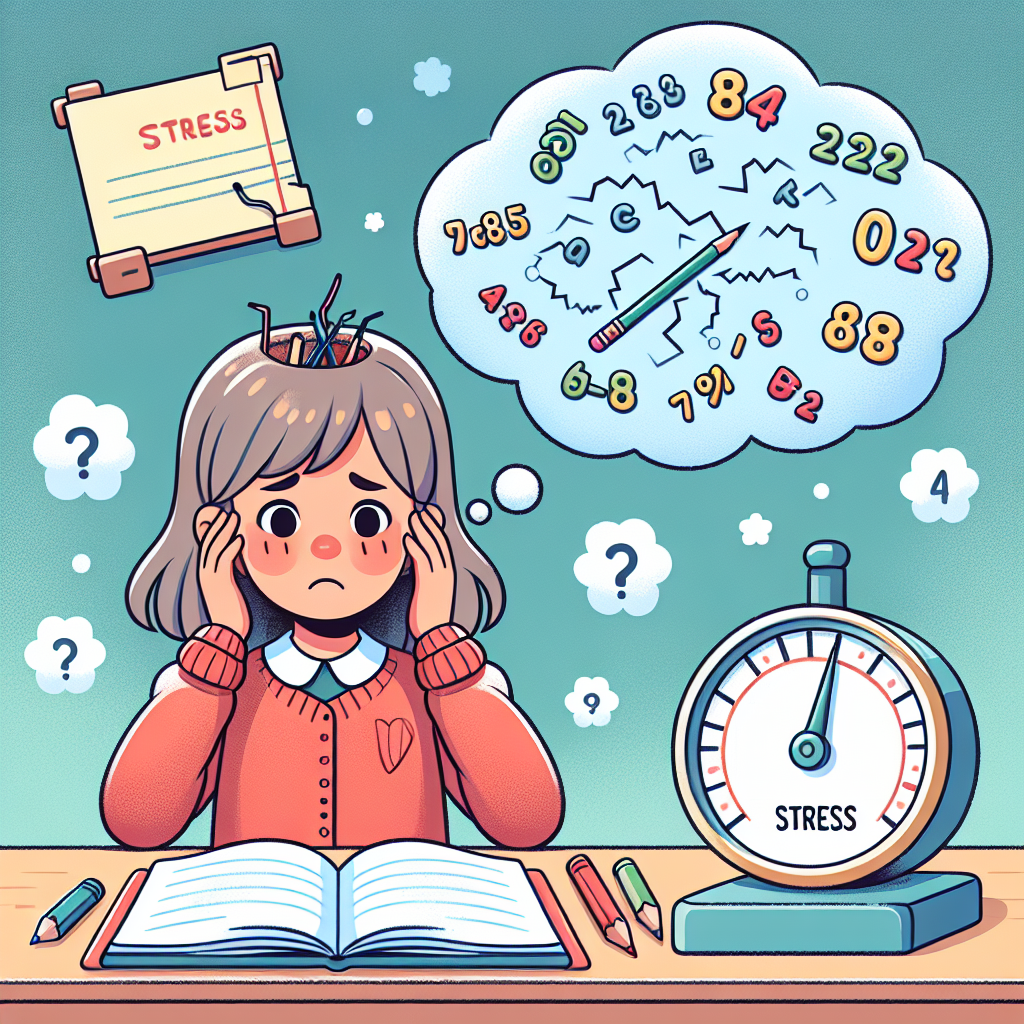
Stress, Children’s Memory, and Educational Performance
There’s been an increasing focus on the impact of stress on children’s memory and overall educational performance. The connection between stressful environments and cognitive impairments is well-documented, and school psychology plays a crucial role in addressing these challenges.
The Relationship Between Stress and Memory
Stress can profoundly impact children’s cognitive functions, particularly their memory. Studies indicate that emotional stress can influence the retention and recall of information, a key factor for school performance.
Children exposed to high-stress environments, whether through testing or socioeconomic factors, often exhibit impairment in memory retrieval, underscoring the importance of creating supportive learning environments.
Academic Stress and Working Memory
In educational settings, stressful conditions can contribute to a decline in working memory — the ability to hold and process information mentally. Situations like tight deadlines and interpersonal conflicts add to this problem, making academic settings both a cause and a solution for stress.
Studies on working memory suggest that stress impacts students’ ability to form robust memories and affects their achievement during exams. Educators need to understand these dynamics to create more effective learning environments that mitigate the impact of stress.
The Role of Socioeconomic Status
Socioeconomic factors have a significant influence on stress and memory performance. Those in lower socioeconomic brackets are subjected to chronic stress and tend to have worse memory performance and educational outcomes. Research ties early childhood poverty to long-term cognitive impacts, underscoring the necessity for targeted interventions in educational and social policies.
Addressing these socioeconomic variables is essential in aiding memory and reducing stress, thus improving cognitive outcomes for these children.
Gender Differences and Stress Responses
Gender differences in stress responses have also been observed. Studies show girls often exhibit more significant memory impairments under stress than boys—highlighting the need for gender-specific support strategies in schools.
Such understanding prompts educators and psychologists to tailor interventions considering these gender-based differences.
Solutions and Interventions
Several educational interventions are aimed at reducing stress and improving memory. Implementing nature-based activities has been shown to enhance cognitive performance and reduce stress levels, providing a much-needed mental health boost. Additionally, integrating stress-reduction strategies such as mindfulness and social-emotional learning can be pivotal.
School psychologists are pivotal in developing these educational interventions. By understanding and applying these strategies, schools can create environments that nurture children’s cognitive abilities rather than hinder them.
Conclusion
Addressing stress in school settings requires a multifaceted approach that emphasizes emotional support, positive social interactions, and a nurturing environment. With evidence mounting around the links between stress and impaired memory, especially in children from disadvantaged backgrounds, the onus falls on educational systems and psychologists to spearhead initiatives that alleviate these stressors and improve educational outcomes.
Schools can play a vital role in enhancing children’s cognitive resilience, directly impacting their academic success and lifelong learning aptitude.



